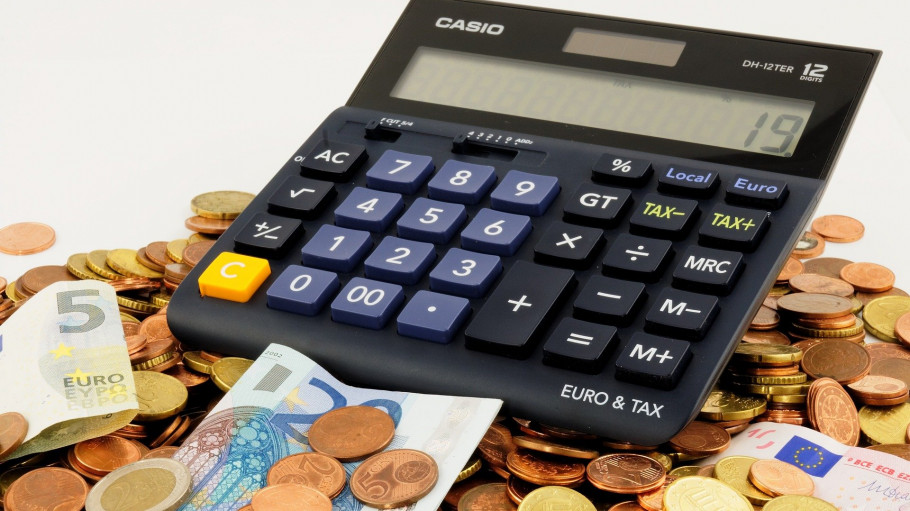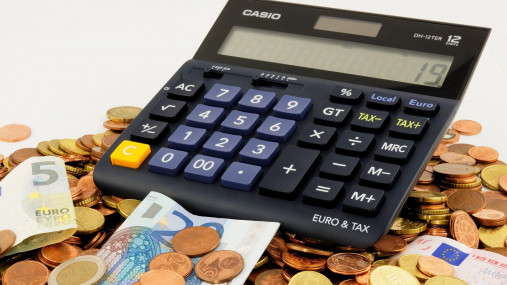
Publications » Position papers » EUROFER feedback on the draft EU taxonomy article 8 delegated act
EUROFER feedback on the draft EU taxonomy article 8 delegated act
Downloads and links
Recent updates

The European steel industry, represented by EUROFER, is progressively transitioning towards ‘greener’ solutions and plays a crucial role in moving towards a carbon neutral economy. The sector is considered a transitional activity for the objective of Taxonomy climate change mitigation. Transitional activities are those economic activities for which there is currently no technologically and economically feasible low carbon alternative, but that are taking actions for transitioning towards a climate neutral economy.
In order to reach the EU’s ambitious reduction target for 2030 and climate neutrality in 2050, novel technologies need to be demonstrated and scaled-up, which will require large and significant CAPEX investments, as well as increased OPEX for production in Europe. Given the magnitude of such investments, the EU taxonomy system must be developed to meet the scientifically based targets under 2030 and 2050, while at the same time allowing financing for activities contributing and transitioning to the EU climate and environmental goals, such as steel manufacturing.
Furthermore, taxonomy, its delegated acts and the relating reporting obligations should take into account the complexity of the steel sector: as a matter of fact, this is the only industrial sector for which the Delegated Act on climate mitigation and adaptation includes several technical screening criteria to comply with, covering different sub-activities and phases of the steel making process. This implies that the steel “activity” will need to be assessed against each and one of these criteria. It is therefore crucial that the reporting obligations set in accordance with Art. 8 of the Taxonomy Regulation are clear, legally certain, and that additional economic and administrative burdens for undertakings are prevented or limited.
With this in mind and in the light of the ongoing work of the European Commission on the Art. 8 Delegated Act, EUROFER wishes to submit its comments and suggestions on the proposed provisions, with the hope that these comments will contribute to current discussions.

Download this publication or visit associated links
Brussels, 26 February 2026 — Europe’s steel industry has warned that the current draft Industrial Accelerator Act could direct public support for low-carbon steel to producers outside the European Union, unless lawmakers include and tighten ‘Made in Europe’ provisions.
Brussels, 24 February 2026 - Europe’s energy-intensive industries have set out a series of proposals to ensure that the EU’s upcoming Electrification Action Plan delivers on its objectives to stimulate and boost electricity consumption in industry. In a joint position paper, industries warn that persistently high electricity prices risk undermining industrial competitiveness and decarbonisation efforts. They call for a policy framework that will enable EU industry in pursuing decarbonisation and industrial competitiveness.
Energy-intensive industries (EIIs) provide direct employment to around 2.6 million people in the EU and represent the foundations of critical and strategic value chains for the EU economy and society. The current economic and energy outlook of the European Union is making investments in electrification and the continued business operation of our sectors at serious risk, should the energy-cost challenge not be solved.